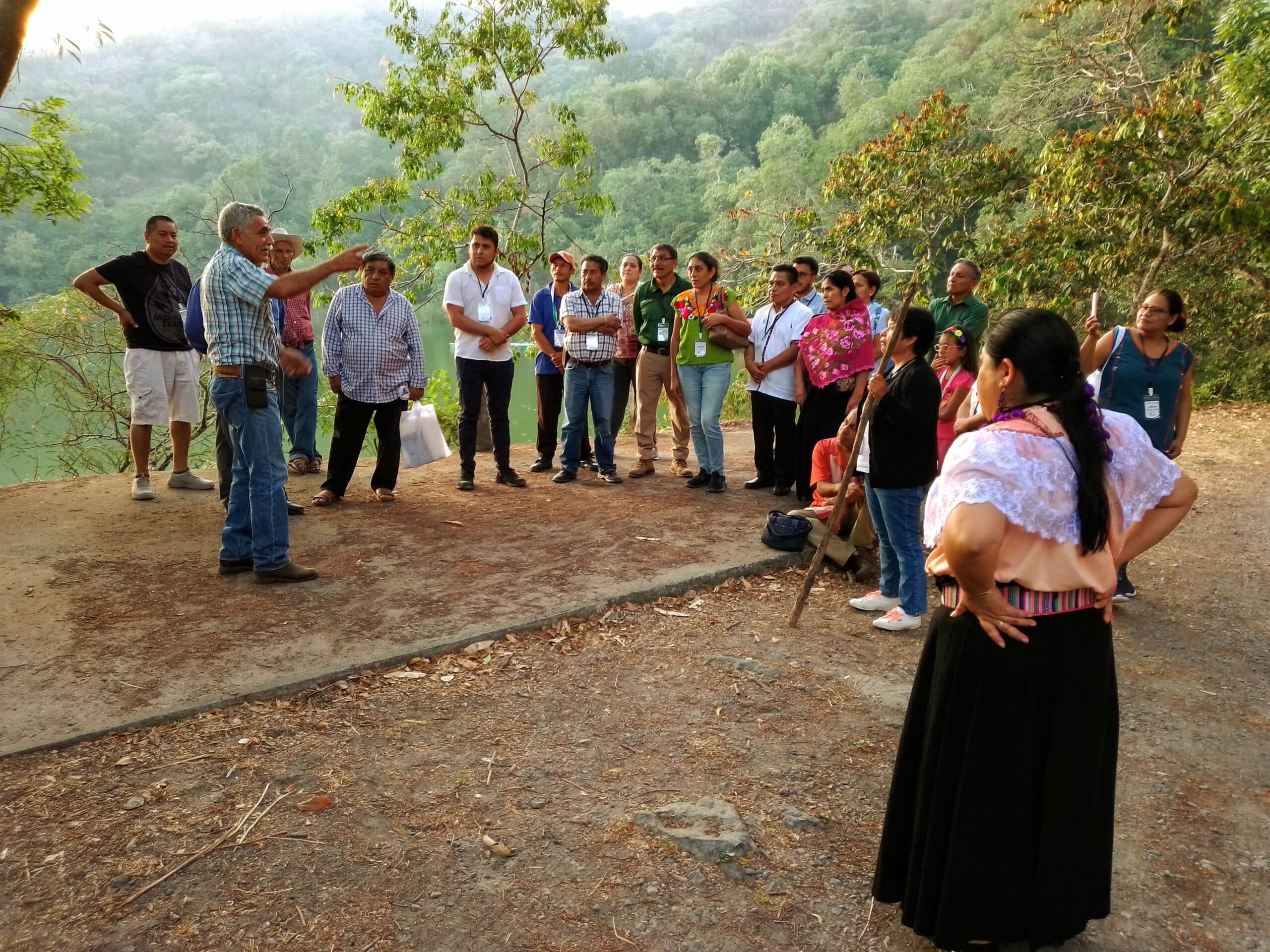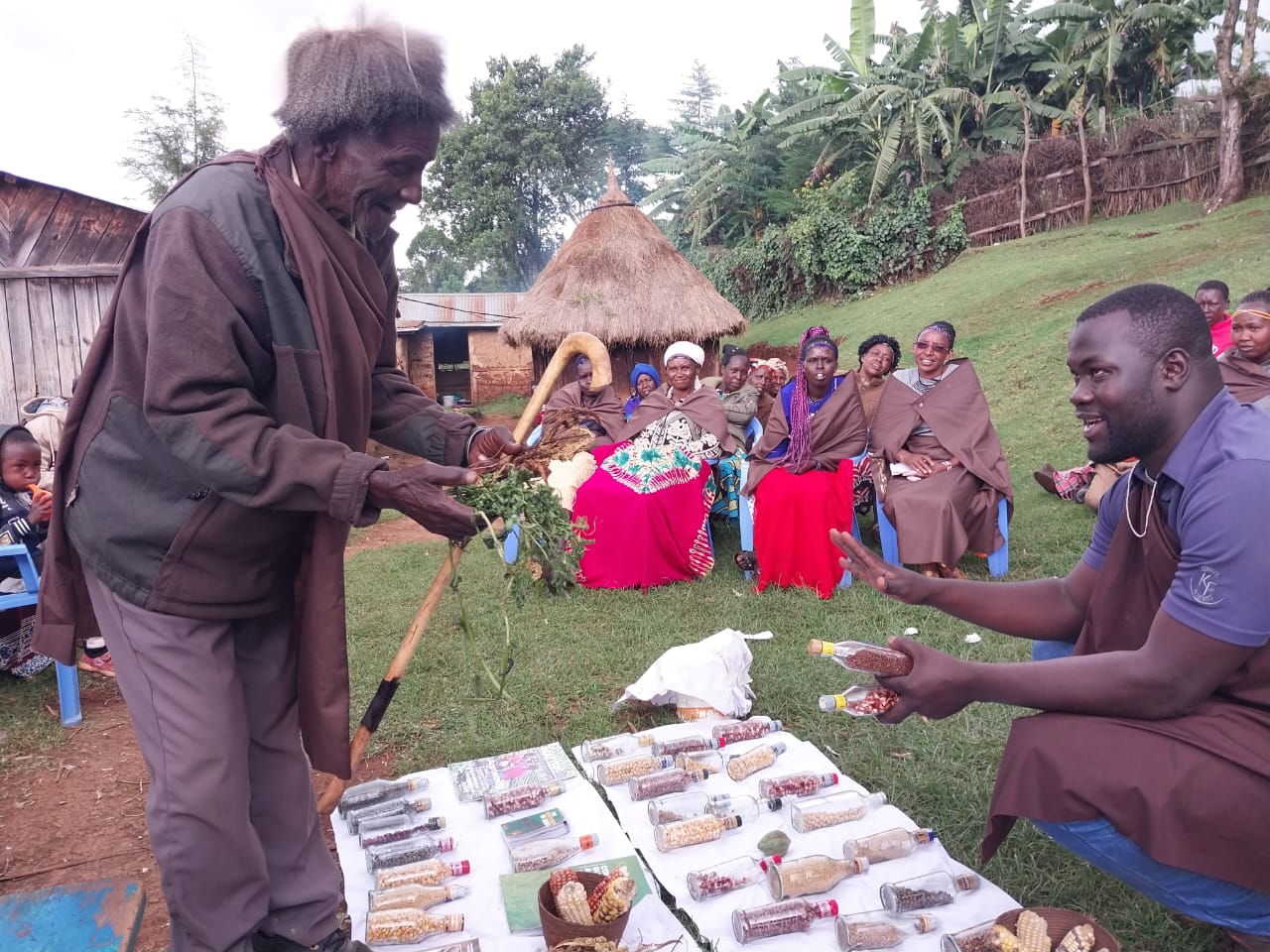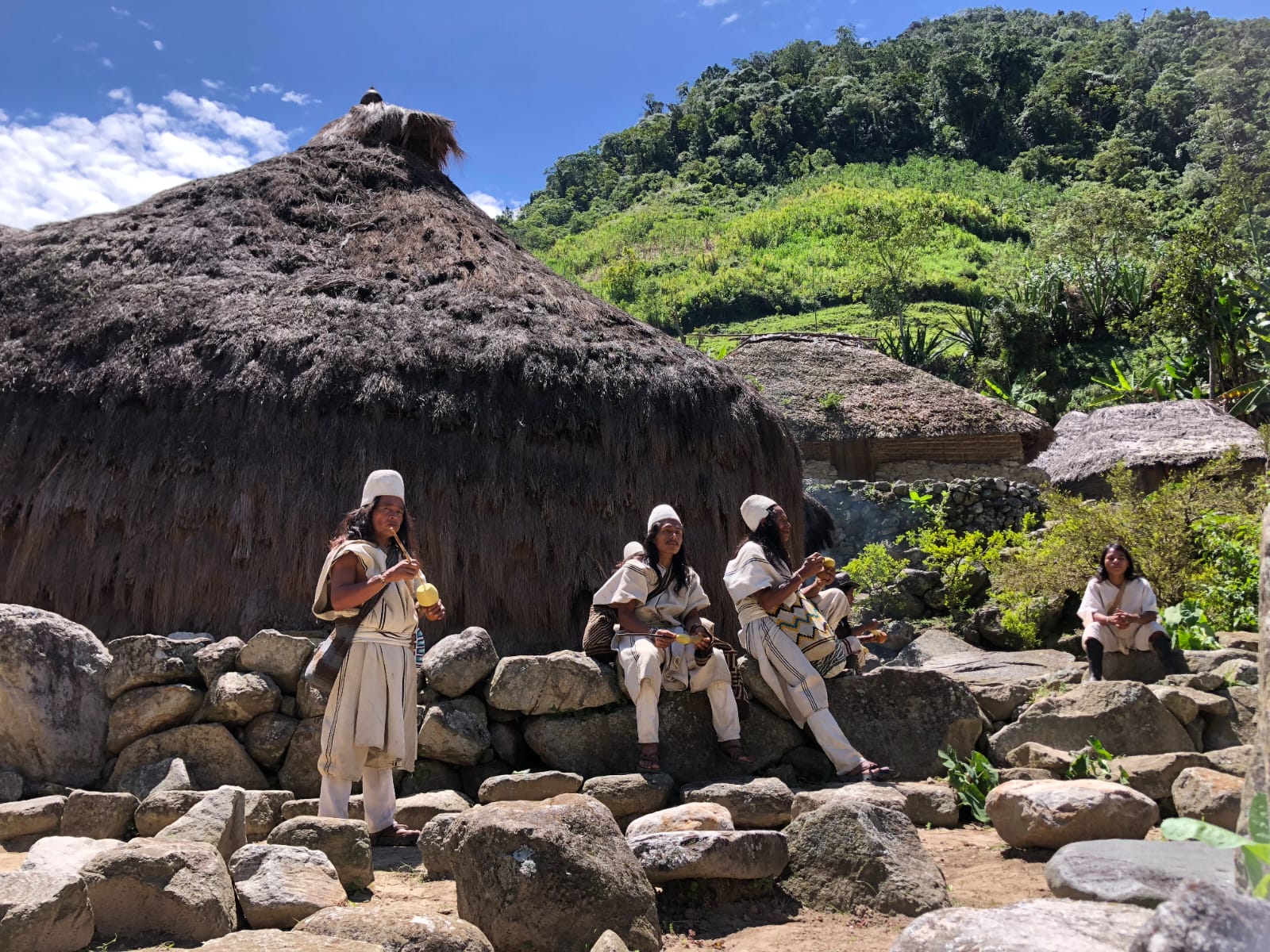
By: Ricardo Campos, Executive Director
Indigenous Tourism Network of Mexico (RITA)
In Mexico, approximately 23.2 million people are Indigenous, which accounts for 19.4% of the total population of the country (INEGI, 2020). In 2001, after two centuries of invisibility and integrationist policies, the Mexican state officially recognized us as historical communities descended from pre-colonial societies. This recognition granted a series of collective and cultural rights, including the right to self-determination, the autonomy to decide forms of coexistence and organization, the right to apply our own normative systems, to elect authorities, to hold public office, to preserve our language, to access land ownership, and to make use of natural resources within our communities (Political Constitution of the United Mexican States, Art. 2).
Furthermore, Mexico also signed and ratified ILO Convention 169 (1991), the United Nations Declaration on the Rights of Indigenous Peoples (2007), and the American Declaration on the Rights of Indigenous Peoples (2016), providing us with a framework of national and international rights as both individual and collective subjects.
However, much remains to be done. In practice, Indigenous Peoples continue to face conditions of inequality, discrimination, and social vulnerability, resulting from historical processes of both ethnic and rural exclusion. The main issues we face are related to the lack of full realization of our rights to work, housing, healthcare, justice, and food (National Discrimination Survey, 2022). The lack of employment and economic resources to meet basic needs, inadequate healthcare, insufficient government support in social programs, limited opportunities for education, and discrimination based on our appearance, language, and the preservation of our traditions are the primary challenges that place us at a disadvantage.
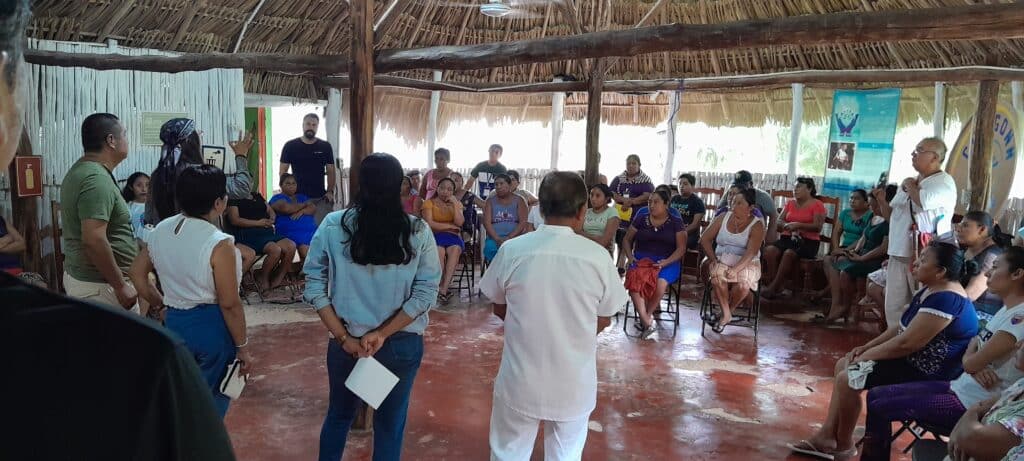
In our communities, we also face challenges related to the violation of our territorial rights due to various factors and actors. Agroindustry, monocultures, large-scale infrastructure projects, extractivism, mass tourism, the real estate industry, and organized crime act as external forces on our territories, causing internal conflicts, divisions, and territorial displacement.
Indigenous collective lands are particularly vulnerable to the factors mentioned above. It is increasingly common to witness the indiscriminate sale of communal and agrarian lands to external agents, the displacement of populations due to violence from organized crime groups, and even the expropriation of lands by the state, often without adhering to the mechanisms of Free, Prior, and Informed Consent established in Indigenous Peoples’ rights frameworks.
These conditions result in a high rate of migration among Indigenous and rural populations to agro-industrial, industrial, and tourist cities in Mexico and the United States. This migration fragments territories and alters our ways of life, but it also generates geopolitical conflicts between receiving states and the states that send migrants.
In contrast, community cohesion, collective organization, and territorial governance are defense mechanisms that allow us to strengthen our territories internally, exercise our collective rights, maintain our food sovereignty, and uphold the right to dignified work within our communities, without having to migrate in search of job opportunities.
In this context, the Indigenous Tourism Network of Mexico (RITA) was founded in 2003. It is a platform representing Indigenous Peoples’ communities, encompassing over 100 organizations across the country. Through our work, we strive to strengthen our cultures, conserve our territories, protect our biocultural heritage, and fully exercise our rights.
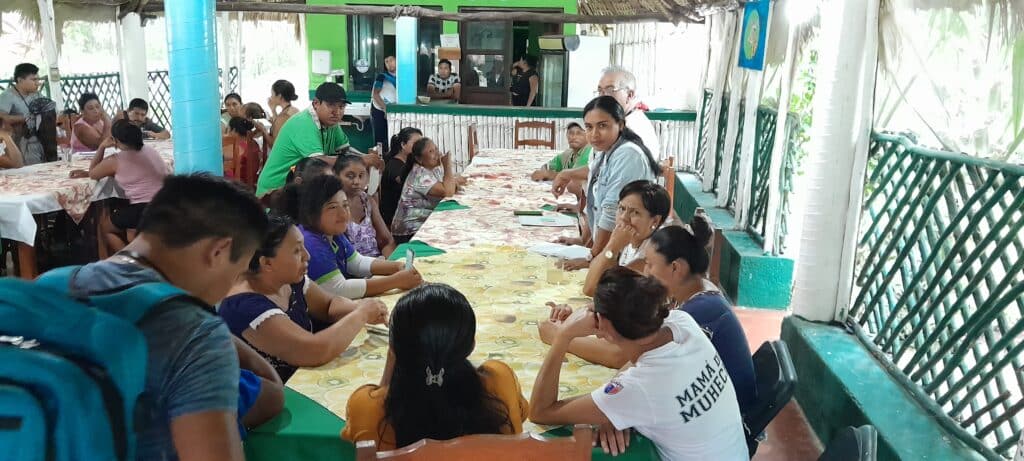
At RITA, Indigenous tourism is not seen as the ultimate goal but as a strategy for community development with identity. Over the years, we have diversified our activities, and the guiding principles of our work today focus on improving the quality of life within our communities and exercising our rights as Indigenous Peoples. For over 20 years, our working model has enabled us to contribute to reducing migration by creating opportunities that strengthen the local economy. Additionally, we have increased our political participation and strengthened community governance in the defense of our territories and the building of peace processes.
We have worked to ensure the exercise of the rights of Indigenous youth and women, the revitalization of our culture and traditional knowledge, as well as the contribution of our systems of knowledge and approaches to nature management in preserving biodiversity and combating climate change.
On this journey, since 2021, we have established a strategic alliance with Land is Life, with whom we have found strong alignment in our missions, values, and objectives. This partnership has allowed us to achieve a series of advancements and results, including the following:
In the face of a global context that is increasingly challenging for Indigenous Peoples and our territories, we know that the key to addressing the gaps of inequality, violence, and exclusion we face as Indigenous Peoples lies in coordination, collaboration, and the collective effort to continue contributing solutions for the maintenance of our biodiversity and the fight against climate change.
At RITA, we are committed to continuing to strengthen and expand the joint actions that have been highly successful between Land is Life and RITA, and, through this, to continue working for the benefit of our Peoples and communities.

